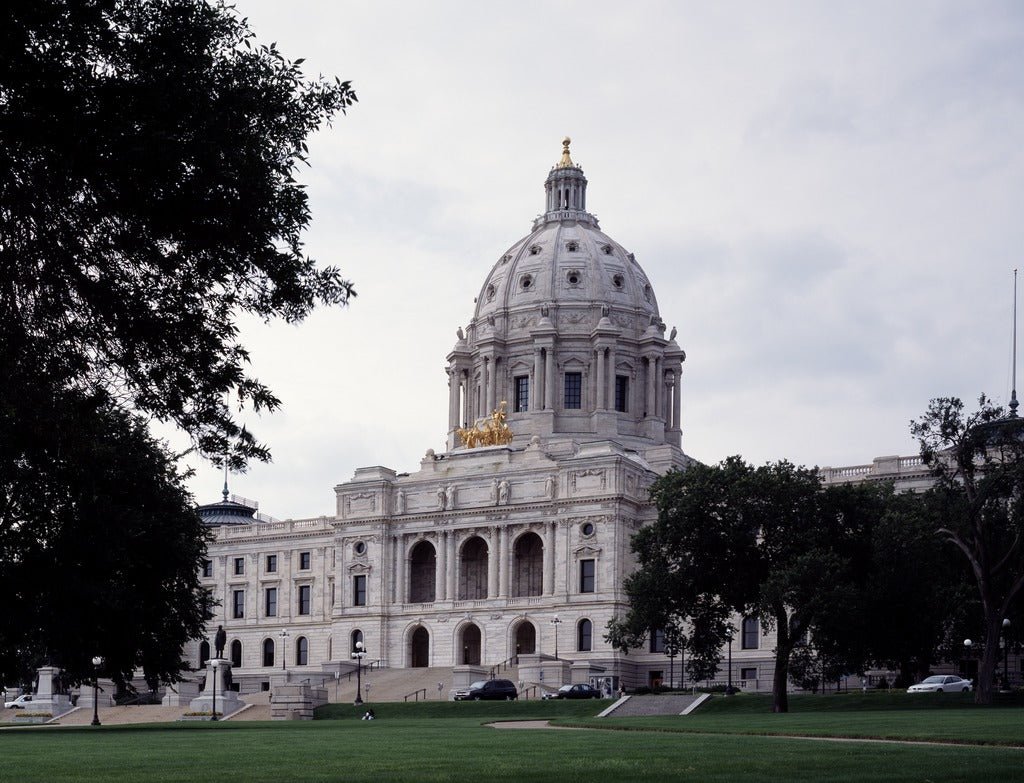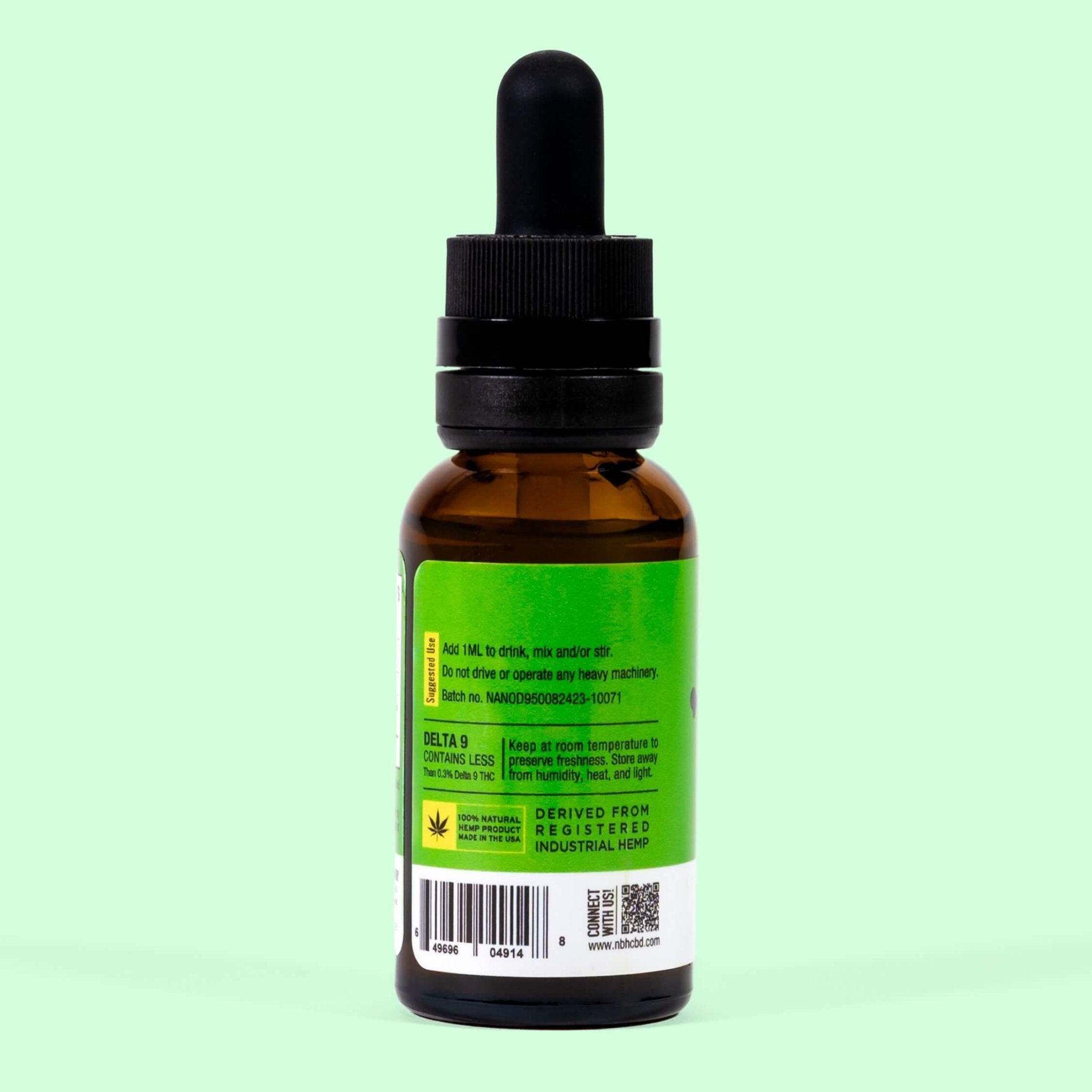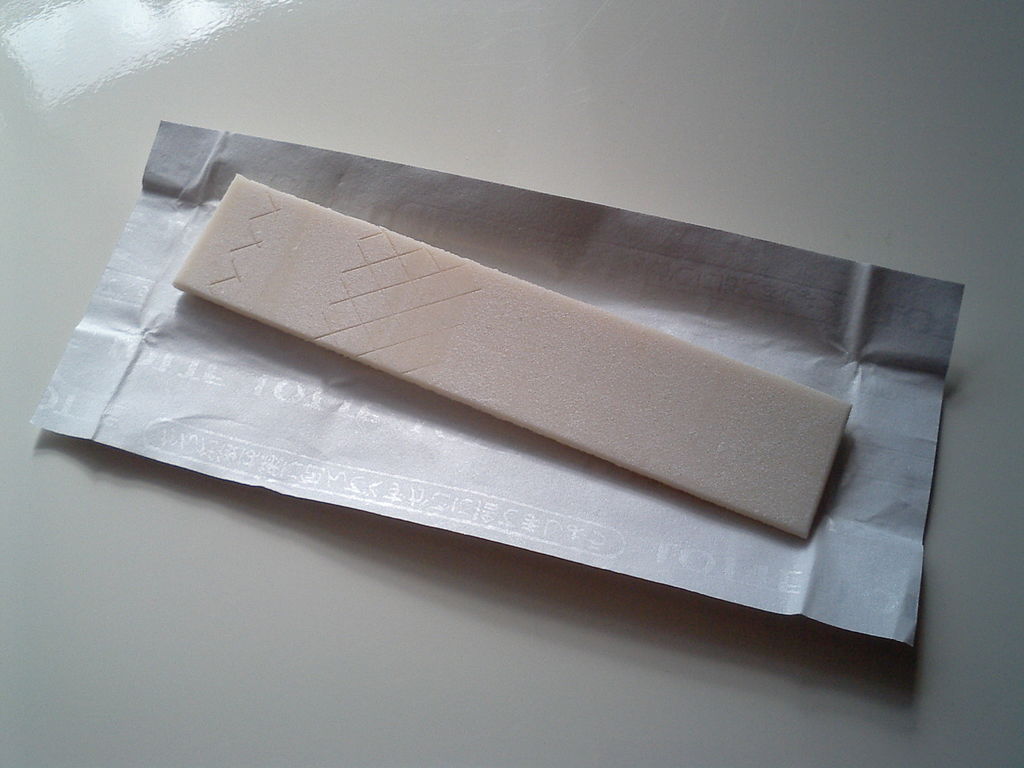
In just a few short weeks, the deadline for Minnesota farmers and manufacturers of industrial hemp to apply for licenses will close, and the process so far has led to major learning opportunities across the state.
In the time since hemp was legalized in 2018, farmers, extractors, retailers and consumers alike have dealt with major learning curves surrounding the product.
It is possible those who have had some of the most to adapt to are the regulators who are trying to negotiate a completely new space of the economy, with die hard fans and entrepreneurs and few organized resources.
Amid complaints of bureaucratic inefficiencies and redundant processes, the Minneapolis Star Tribune reports some officials hope to consolidate multiple state agricultural and pharmacy efforts into one cannabis office to field requests and tasks. [1]
March 31 is the end of the application period for those wishing to plant or extract industrial hemp this year, according to 790 KFGO. [2]
Pilot programs have allowed farmers to grow industrial hemp in Minnesota since 2015, KFGO said, but numbers have grown to include 550 licensed growers last year. [2]
These applications include background checks and finger printing procedures, KFGO reports. [2]
Applications are fielded by the state’s Office of Medical Cannabis, but demand for licenses is high.
According to KEYC 12 News Mankato, 2019 saw farmers grow hemp on over 7,000 acres of farmland. [3]
The Star Tribune reports that officials have asked legislators to create an “Office of Cannabis Management” to control industrial hemp and CBD licensing, prescriptions for the state’s fledgeling medical cannabis program and any possible oversight of future marijuana legalizations in Minnesota. [1]
“We’ve recognized … that we’re doing a lot of the same functions in this cannabis space,” Minnesota Office of Medical Cannabis Director Chris Tholkes told the Star Tribune. “To come together, I think, would leverage our resources.” [1]
The Star Tribune reports that Rep. Ryan Winkler, DFL-Golden Valley, wants the office to help Minnesota catch up in a world where many states of the union are making massive revenues taxing legal recreational marijuana sales and nourishing new industries like CBD. [1]
“This is what happens when you pull the covers over your head instead of dealing with reality. You fall behind and you become overwhelmed. We can’t keep doing that,” Winkler said. [1]
Sources








































